10 Smart Things Boomers Should Do With Their Homes When They Retire

When retirement finally arrives, many Boomers find themselves looking at their houses differently. A home that once held kids, pets, and endless family gatherings can suddenly feel too big—or maybe like an untapped resource waiting to be used wisely. The truth is, your house isn’t just a place to live; it can play a major role in how comfortable, secure, and enjoyable your retirement years will be.
1. Downsize to Save Money and Simplify Life

Selling the big family house and moving into a smaller home can feel like shedding a giant weight off your shoulders. Fewer rooms to clean, lower utility bills, and less yard work mean more time to actually enjoy retirement instead of constantly maintaining it.
Beyond the lifestyle benefits, downsizing is often a financial win. The profit from selling a large home can be used to pay off debts, boost savings, or fund travel and hobbies you’ve been putting off. Plus, moving into a more manageable space can help reduce stress as you age.
Downsizing isn’t about giving up—it’s about trading excess space for freedom, flexibility, and the kind of peace of mind that makes retirement truly enjoyable.
2. Rent Out Extra Space for Income

An empty bedroom or basement doesn’t have to collect dust—it can collect cash instead. Renting out extra space is a simple way to turn unused square footage into a steady income stream that helps cover retirement expenses.
Some Boomers find success with short-term vacation rentals, while others prefer long-term tenants for consistent monthly payments. Hosting a renter also brings a bonus: companionship and a little extra security, especially if you live alone.
Of course, you’ll want to check local laws, screen tenants carefully, and consider insurance adjustments. But for many retirees, renting out space offers a way to maximize the value of their home while giving their budget a comfortable boost.
3. Make Aging-in-Place Renovations

Staying in the home you love is much easier when it’s designed to meet your needs as you get older. That’s where aging-in-place renovations come in. Small changes like better lighting, slip-resistant flooring, and grab bars in the bathroom can make a world of difference.
Bigger upgrades, such as walk-in showers, wider doorways, or a stair lift, can help ensure you’ll feel safe and comfortable for years. These changes not only protect you from falls but also give your loved ones peace of mind.
Think of it as future-proofing your home—an investment that saves you from stressful moves down the road. A safer, more accessible house means you can focus on enjoying retirement, not worrying about it.
4. Pay Off the Mortgage (If Possible)
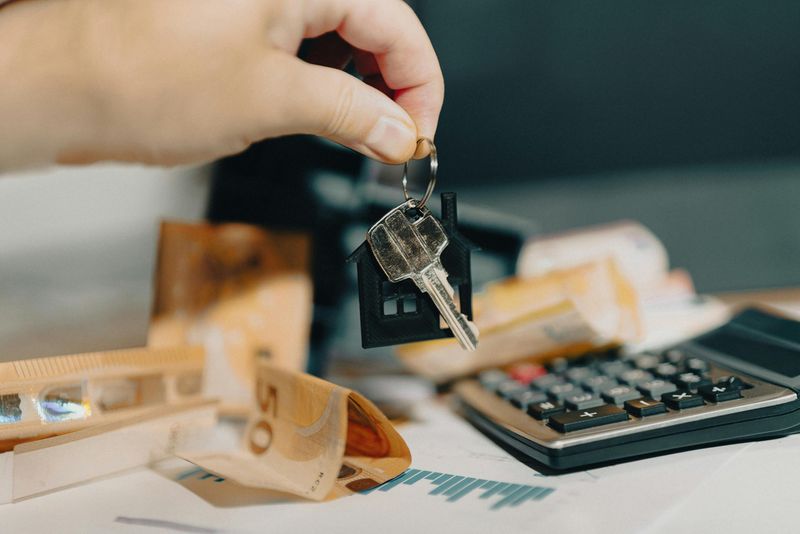
Few things feel as liberating as saying goodbye to a monthly mortgage payment. Entering retirement without that debt hanging over your head can dramatically reduce financial stress and give you more freedom to enjoy life.
Paying off a mortgage isn’t always easy, but if you have the means, it’s worth considering. With one less bill, your retirement income stretches further—whether that means traveling, spoiling the grandkids, or finally signing up for those art classes you’ve been eyeing.
And it’s not just about money: there’s a certain peace of mind in knowing your home is fully yours. Even if it takes a few years into retirement, working toward a paid-off mortgage is one of the smartest financial moves you can make.
5. Leverage a Reverse Mortgage (Cautiously)

For retirees who want to stay put but need extra cash, a reverse mortgage can unlock home equity without selling. It essentially allows you to borrow against your home’s value and receive payments while you continue living there.
This option can be helpful for covering healthcare, unexpected expenses, or simply enjoying retirement a little more. But caution is key: reverse mortgages come with fees, interest, and fine print that can complicate things if you’re not careful.
They’re best for Boomers who plan to stay in their home long-term and don’t intend to leave it as part of an inheritance. If handled wisely, a reverse mortgage can be a useful financial tool—just make sure you fully understand the trade-offs before signing on the dotted line.
6. Consider Multi-Generational Living
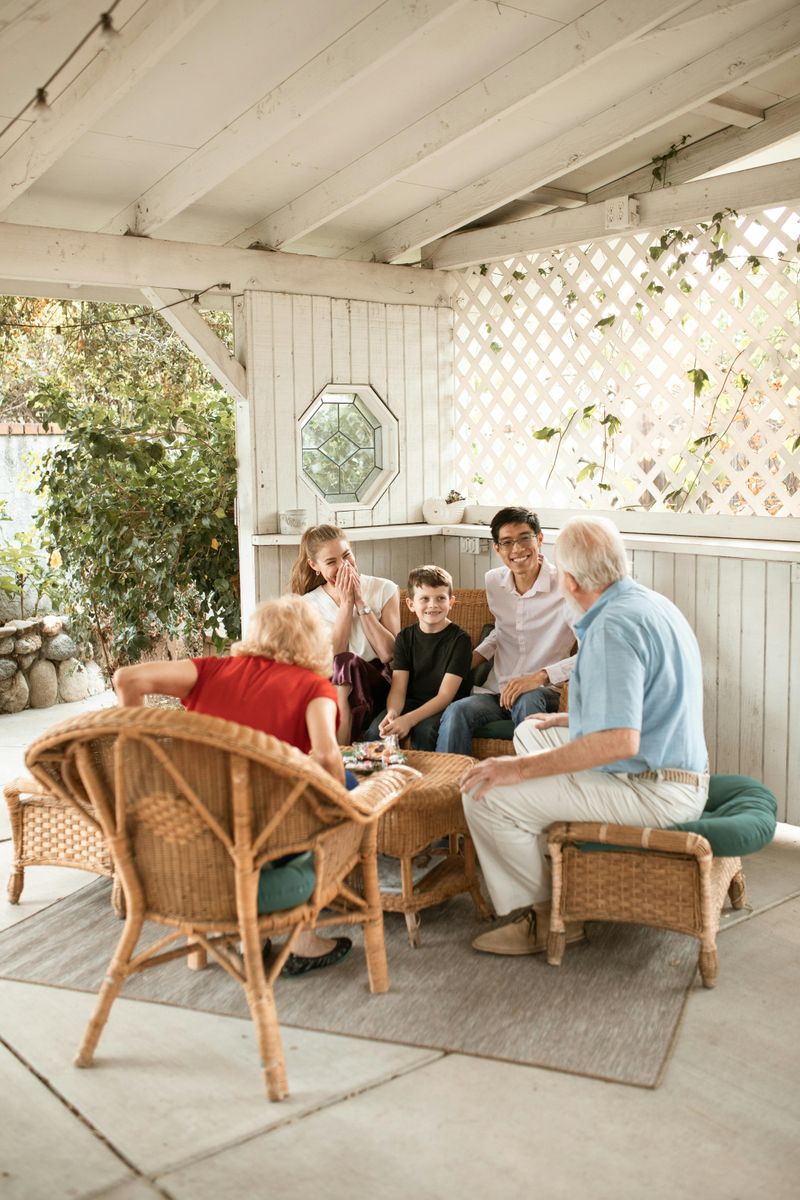
Sharing a home with adult children or grandchildren isn’t just practical—it can be surprisingly rewarding. Many Boomers are embracing multi-generational living as a way to save money, share expenses, and strengthen family connections.
Having everyone under one roof means pooling resources, reducing costs for childcare or eldercare, and creating a built-in support system. It’s also a chance to enjoy more daily time with family, something retirement often makes more precious.
Of course, it requires clear boundaries and communication to work smoothly. But when done right, multi-generational living can turn a house into a true family hub—one that’s full of life, laughter, and love, while also helping everyone involved cut costs and build security.
7. Turn the Home into a Retirement Asset
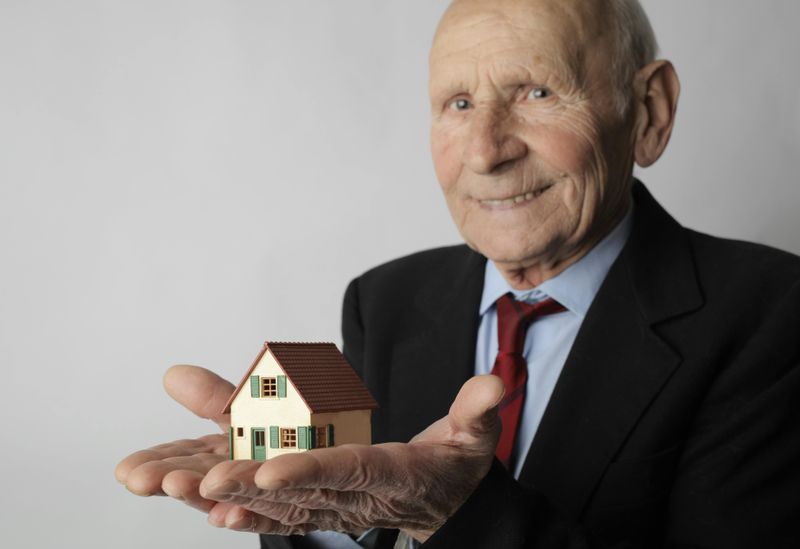
Instead of living in the house, some Boomers turn it into a full-time investment by renting it out. This strategy can create reliable passive income while freeing retirees to live somewhere more affordable or desirable.
Imagine collecting steady rent payments while you move to a smaller condo, relocate closer to family, or even test out life in a retirement community. You get the benefit of holding onto the property as an appreciating asset while enjoying the flexibility to live elsewhere.
Managing a rental does come with responsibilities, but many retirees hire property managers to handle the details. For those willing to make the leap, treating a home as a business asset can turn bricks and mortar into a steady stream of retirement income.
8. Declutter and Simplify Possessions

Even if you plan to stay in your house forever, it’s worth lightening the load. Years of accumulated “stuff” can make a home harder to manage, more stressful to navigate, and overwhelming for family later on.
Decluttering isn’t just about getting rid of things—it’s about making space for what matters most. Donate items you no longer use, pass down sentimental keepsakes to loved ones, and clear out the junk that only collects dust.
A simpler, tidier home feels more peaceful and easier to maintain. Plus, it spares your kids from having to deal with it all someday. Think of decluttering as a gift to yourself and your family: more room to breathe, move, and enjoy retirement without being buried under the weight of stuff.
9. Install Solar Panels for Energy Independence
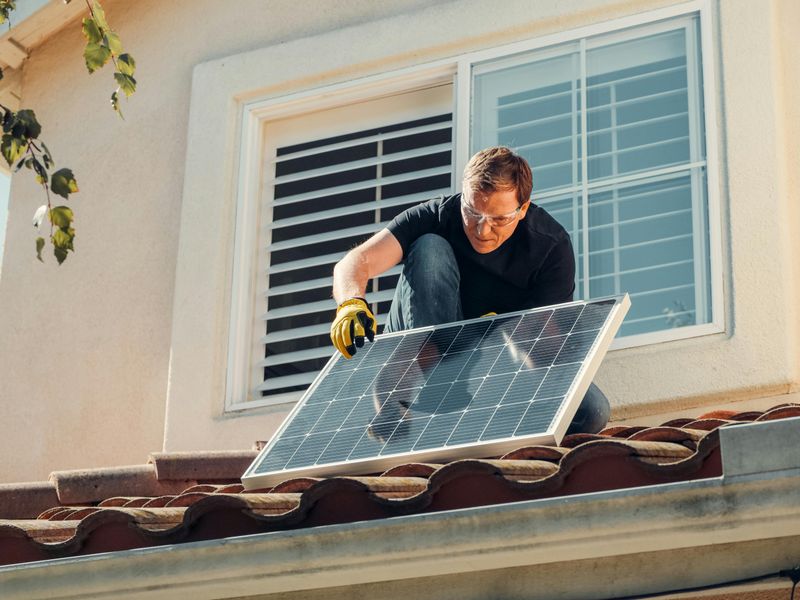
Imagine the sun paying your electric bills. Installing solar panels not only cuts energy costs but also boosts home value. With energy independence, retirees can enjoy a greener lifestyle and reduce monthly expenses.
Solar technology has advanced, making it more accessible and efficient than ever. By harnessing solar power, Boomers can contribute to a sustainable future while potentially qualifying for tax incentives.
This forward-thinking choice provides peace of mind and an eco-friendly footprint for the future. Why not let the sun power your next chapter?
10. Create a Home Garden Oasis
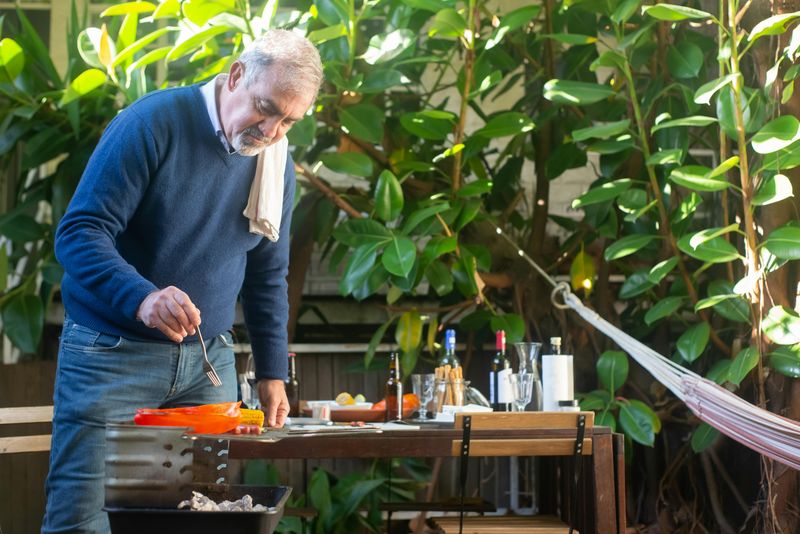
Envision your backyard as a personal paradise. Creating a home garden oasis offers a perfect blend of relaxation and exercise. It’s a sanctuary where retirees can unwind or entertain friends and family.
Gardening is therapeutic, reducing stress while keeping the mind and body active. With a variety of plants, flowers, and even vegetables, it turns a simple space into a lively ecosystem.
A garden oasis not only enhances home aesthetics but also provides a sense of accomplishment. Embrace the beauty and tranquility of nature right at your doorstep.

Comments
Loading…